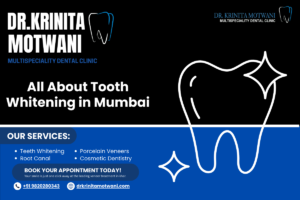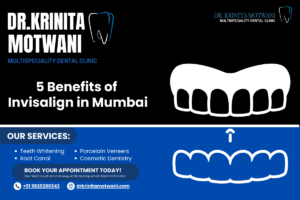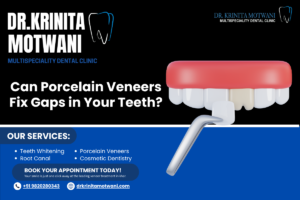“A true smile is when the mouth and the heart coordinate with each other”
It’s increasingly common to hear that oral health is vital for overall health. More than 80% of people are living with periodontal or gum disease which often goes undiagnosed. This may be because the persons teeth feel fine so he / she avoids going to the dentist and visits to the physician rarely focus on oral health.
There is now evidence of 2 specific links between oral health and heart disease. First, if you have gum disease in a moderate/ advanced stage you are at greater risk for heart disease than someone with healthy gums and second, your oral health can provide doctors with warning signs for a range of diseases and conditions including those in the heart.
1. Why are oral health and heart disease related?
Oral health and heart disease are connected by the spread of bacteria and other germs from your mouth to other parts of your body through the blood stream. When these bacteria reach the heart they can attach themselves to any damaged area and cause inflammation. This can result in illness such as endocarditis (infection of the inner lining of the heart). Other cardiovascular conditions such as atherosclerosis (clogged arteries) and stroke have also been linked to inflammation caused by oral bacteria.
2. What persons are at risk?
Patients with chronic gum conditions such as gingivitis (inflamamtion of gums) or advanced periodontal disease have the higher risk for heart disease caused by poor oral health particularly if it remains udiagnosed and unmanaged. The bacteria that are associated with gum infection are in the mouth and can enter the blood stream where they attach to the blood vessels and increase your risk to cardiovascular disease. Even if you don’t have noticeable gum inflamamtion, however,inadequate oral hygiene and accumulated plaque puts you at risk for gum disease. The bacteria can also migrate into your blood stream causing elevated C – reactive protein, which is a marker for inflammation in the blood vessels. This can increase your risk of heart diseaseand stroke.
Age, cigarette smoking and type 2 diabetes increase your risk of developing both periodontal disease and cardiovascualar disease.
3. If you have cardiovascular disease, what should you tell your dentist?
- Make sure you give your dentist a complete medical history and list of the names and dosages of all the drugs you are taking for your cardiovascular conditions as well as any other prescription or non prescription drugs you might be taking. This will help your dentist determine the best treatment for you including medication selection for dental procedures.
- Make sure to give your dentist the name and phone number of your doctor in case your dentist needs to speak to him / her about your care.
- If you are particularly nervous about undergoing a dental procedure because you believe your stress, worry and fears could make your cardiovascular condition worse, talk with your dentist. He / she can provide yoou with information and work with you on strategies to control dental pain and ease your fears.
4. What are the symptoms and warning signs of a gum disease?
You may have gum disease even if it’s in its early stage. If:-
- Your gums are red, swollen and sore to touch.
- Your gums bleed when you eat, brush or floss.
- You see pus or other signs of infection around the gums and teeth.
- Your gums look as if they are “pulling away” from the teeth.
- You frequently have bad breath or notice a bad taste in your mouth.
- Some of your teeth are loose or feel if they are moving away from the other teeth.
5. How to prevent gum disease?
To prevent gum disease:-
- Good oral hygiene and regular dental examination are the best way to protect yourself against the development of gum disease.
- Brushing your teeth twice a day with a soft- bristled brush that fits your mouth comfortably, so it reaches every tooth surface adequately.
- You should also floss daily and visit your dentist for regular professional cleanings.
By being proactive about your oral health, you can protect yourself from developing a connection between oral health and heart disease and keeps your smile healthy, clean and beautiful throughout your life.




